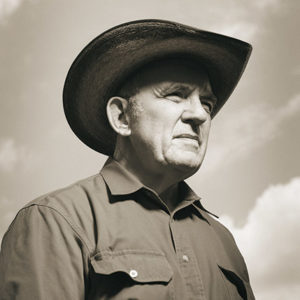 Billy Roy Wilson
Billy Roy Wilson
Gender: Male
 Billy Roy Wilson
Billy Roy Wilson
Wilson, Billy Roy
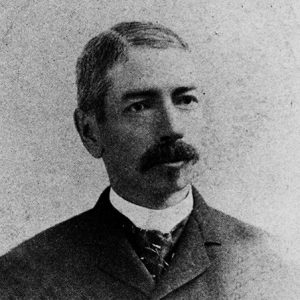 Byron Wilson
Byron Wilson
Wilson, Charles Banks
Wilson, Charles Kemmons
Wilson, Charles Morrow
 Charles Morrow Wilson
Charles Morrow Wilson
Wilson, Donald Roller
Wilson, George Nicholas (Nick)
Wilson, Hog (Lynching of)
Wilson, Michael Kenneth (Mike)
 Nick Wilson
Nick Wilson
Wilson, Robert Edward Lee
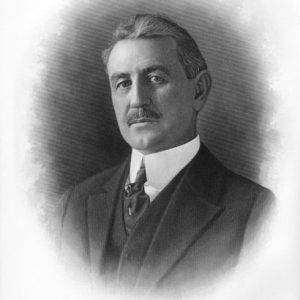 Lee Wilson
Lee Wilson
Wilson, Tom (Lynching of)
Wilson, Winston Peabody “Wimpy”
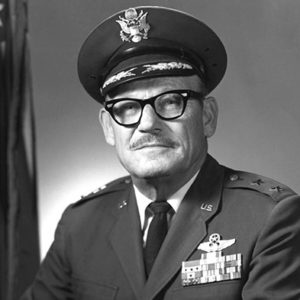 Winston P. Wilson
Winston P. Wilson
Winchester School for Mountain Boys
Winchester, James Ridout
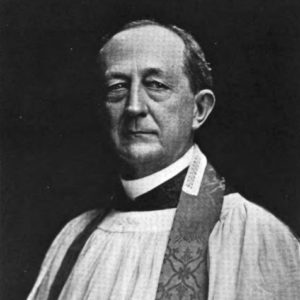 James Ridout Winchester
James Ridout Winchester
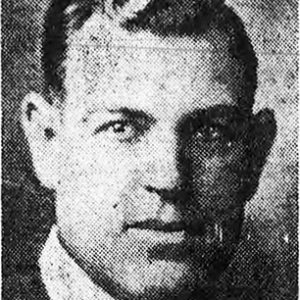 Ray Winder
Ray Winder
Winder, Ray
Wine, Charles C.
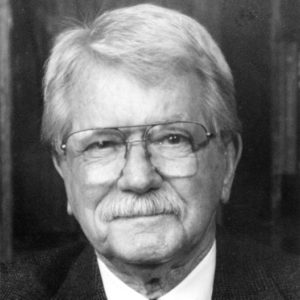 Gus Wingfield
Gus Wingfield
Wingfield, James Gus
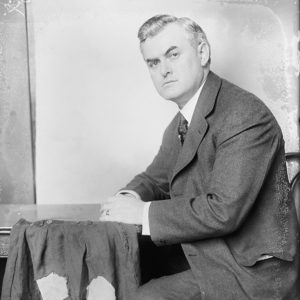 Otis T. Wingo
Otis T. Wingo
Wingo, Otis Theodore
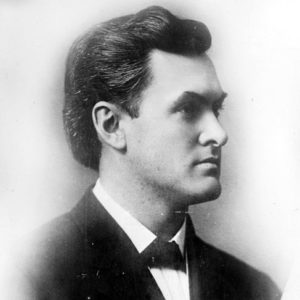 Otis Theodore Wingo
Otis Theodore Wingo
Winkles, Bobby Brooks
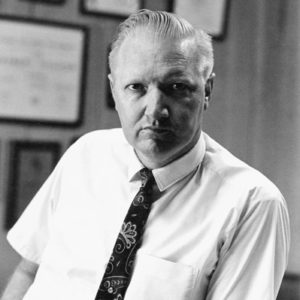 Gene Wirges
Gene Wirges
Wirges, Gene
Wirges, Joseph Bernard (Joe)
 Ray Wise
Ray Wise
 Jimmy "Spoon" Witherspoon
Jimmy "Spoon" Witherspoon
Witherspoon, Jimmy “Spoon”
Witt, Allen Rufus
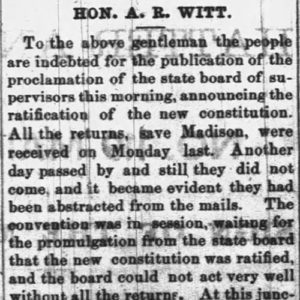 Allen Rufus Witt Story
Allen Rufus Witt Story
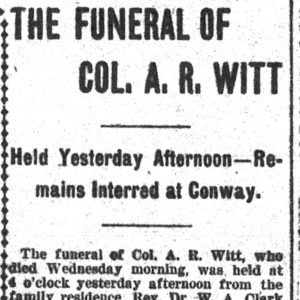 Allen Rufus Witt Death
Allen Rufus Witt Death
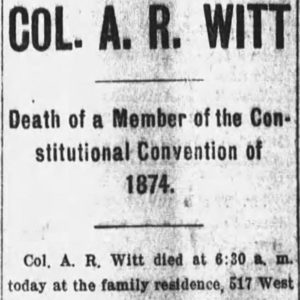 Allen Rufus Witt Death
Allen Rufus Witt Death
 James L. Witt
James L. Witt
Witt, James Lee
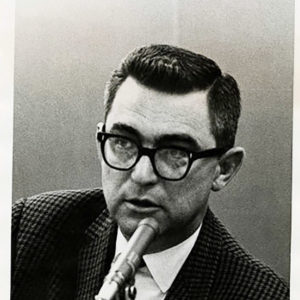 Albert Witte
Albert Witte
Witte, Albert Matthew Francis
 Gordon Wittenberg
Gordon Wittenberg
Wittenberg, Gordon Greenfield
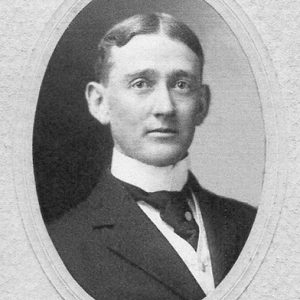 Otto Ward
Otto Ward
Wolf, Jacob
Wolf, John Quincy, Jr.
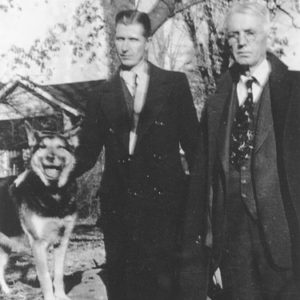 John Quincy Wolf Jr. and Father
John Quincy Wolf Jr. and Father
 John Quincy Wolf Jr.
John Quincy Wolf Jr.




